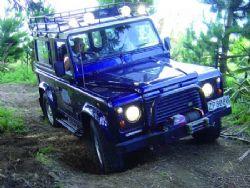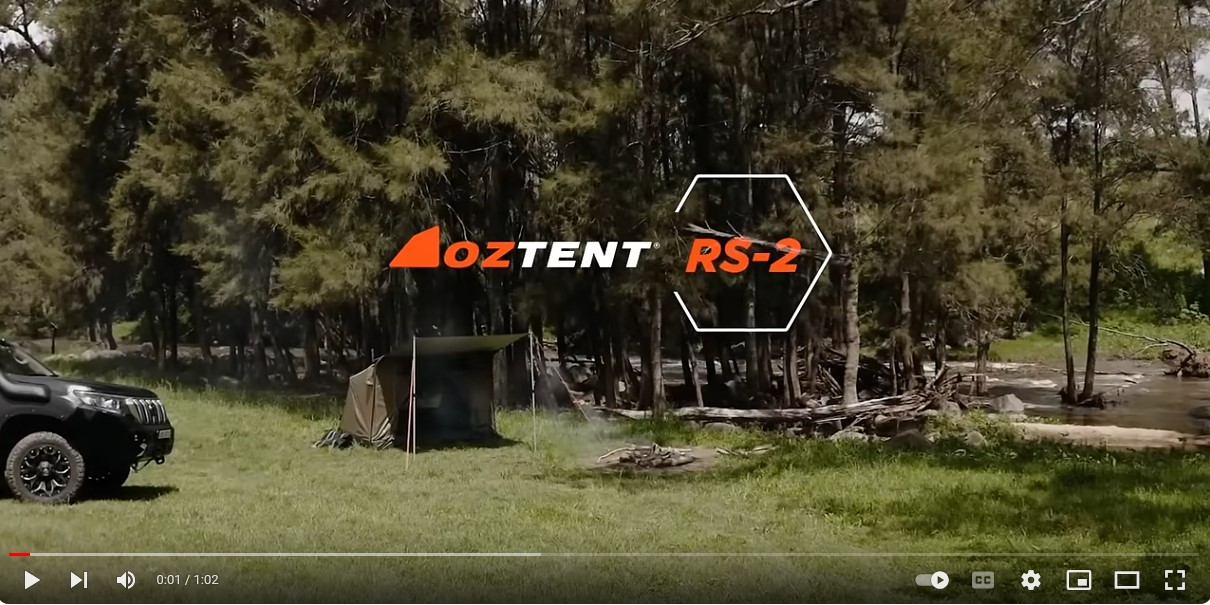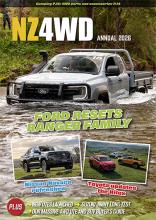|
Would you let a new employee handle a chain saw without ensuring they knew how to use it properly? Or would you go hunting with a stranger without finding out if he knew how to handle a gun? Next question. Would you let an employee drive off in your brand new 4WD ute to check out a building project on the side of a steep hill in wet weather without finding out if they knew how to drive off-road? Probably you would. Yet the potential for serious injury or death is just as great in the third scenario as it is in the first. Possibly more so, because so many people think they know how to drive off-road when in fact they haven’t even grasped the first principles. Make no bones about it, off-road driving requires a whole new skill set compared to driving on the road. And there is training available, either one-on-one, or in groups, with subsidies available in some instances. IT’S NO LONGER FREE It used to be that you could get your 4WD training for free, or almost free, thanks to the size of Government training subsidies and their scope. However late last year the Government clamped down – hard – and many organisations, particularly some polytechnics, were severely censured for giving away training free of charge. “Subsidies still apply, but it depends on how the funding is made up,” 4WD trainer Duncan Munro, of Pukerau 4WD Ltd, who operates from his farm off the Clevedon - Kawakawa Bay Road out in south Auckland, told me. “But the subsidy is not supposed to cover the whole cost, and companies are expected to pay some of the cost of training,” he said. Another source, who didn’t want to be named, said some $9-million had been taken out of the training budget by the Government. “Basically we used to be able to run a short course - enough to satisfy OSH requirements – and this would qualify for 25 credits towards an NZQA qualification,” he said. He went on to explain that what was happening was that some polytechnics had been using funding which was earmarked for full-time students to fund part-time courses, but were not getting enough full-time qualified students at the end of the year to justify the funding they were getting. “A lot of stern talking-to happened, and this has now stopped,” he said. “For instance we used to be able to deliver a course for $250 to the customer, with $800 of subsidy on top of that. However now that it’s stopped many companies are not prepared to pay upwards of $1,000 a student for this training. “The cost to the consumer has definitely gone up,” he said. However, what it has meant for some trainers is that they have changed the way they operate. For Duncan Munro, he has all but given up his NZQA training – although he is still “on the books”– but these days he likes to concentrate on one-on-one training, offering a 4 ½ hour course which covers all the theory basics plus off-road driving instruction on his farm that will result in a safe and informed 4WD driver. Doug Penman, of Offroad Vehicle Control at Ramarama, near Drury, south of Auckland, has always conducted one-on-one tuition. He’s also been an NZQA Workplace Assessor, but doesn’t do it any more either, although he remains a NZTA licensed driver instructor. His passion is training, and he prefers to do it one-on-one. “I take my enjoyment from training people,” he says. He also does a 4 ½ hour introductory course, as well as a seven-hour level one training course. Clients can use either their own vehicle or OVC’s Land Rover, and training takes place at Doug’s Ramarama farm. Colin Burden, of Trackwise 4WD, is a registered workplace assessor, based at Woodhill Jeep 4WD Park near Helensville, west of Auckland, and although the majority of his training is in the Northland and Auckland regions he also does company training in other parts of the North Island when required. “Basically the change in the subsidies hasn’t been a problem for us,” he said. “Companies still need training but people have to pay a bit more for it. “What we are doing is offering training at a price that’s a lot less than some of our competition, and as a result we are doing a lot of business”. Colin said he thought the subsidies would soon disappear altogether as the Government expects companies to pay for 4WD training. “The Government is putting element money into other sources of training,” he said. Rotorua’s Pete Richie and his Natural Instincts concern are well known in the 4WD training industry. Pete has been training people for years now, and his company is recognised as one of the industry leaders. However changes taking place in the industry have led him to form an alliance with a larger training company, Vertical Horizonz Group, an NZQA approved private training establishment whose core business focus is nationwide industry based training and assessment. “We can now offer a full range of rural courses including ATV, ATV-Utility vehicles, Tractor, Chainsaw and 4WD training ,” he says, “all from one point of contact.” Pete believes the changes taking place in the industry are for the better after some rough times. “I think the 4WD training industry is maturing. Although there has always been a core of solid experienced trainers there were some who entered the industry to make a quick dollar on the back of substantial NZQA subsidies. “Those days are gone and only those in training for the right reasons will survive. It’s about making drivers safe in the workplace, and there is a definite shift towards utilising the right equipment and driving techniques to look after the environment at the same time. “It’s about looking at driving from a workplace perspective and not just getting there at all costs. NZQA has matured as well. “When NZQA courses were conceptualised they were designed to set guidelines for training subjects, and to ensure assessment material aligned with these subjects. They did not involve setting the techniques that should be taught or why and how they should be taught. “I liken it to making a cup of coffee. If you put the coffee in first, then the sugar, then the water, and finally the milk, then stir it, you end up with a good cup of coffee. “But if you put the water in first then add the coffee etc afterward you get the same content, but it tastes lousy. “It’s the same with driver training. There’s a right (safe) way and a wrong (dangerous) way. “A lot of NZQA industry training has recognised this and is utilising industry-trained subject matter experts to moderate and ensure course content is safe and relevant. |
“Remember the old days, where you joined a company as an apprentice and you were trained in the workplace by people who had been around for years and knew what they were doing. “These experts are now playing a part in setting industry accepted training content via Industry Training Organisations. This is all good news for course participants. WHAT TO LOOK OUT FOR When choosing a course, it’s important to remember that until you know the theory you’re never really going to understand the basics. So chose a course that gives you some classroom theory first. Once behind the wheel you should learn: - The basic principles of control and traction What is meant by “as slow as possible, as fast as necessary”. TRAINERS Here are some of the trainers we know: NORTH ISLAND 4WD Systems NZ Agribusiness Training Hillseekers 4WD Snow and Ice Training Natural Instincts Off-Highway New Zealand Offroad Vehicle Control Pukerau 4WD Trackwise 4WD SOUTH ISLAND Mt Lyford 4wd Training On-Track 4WD
|




